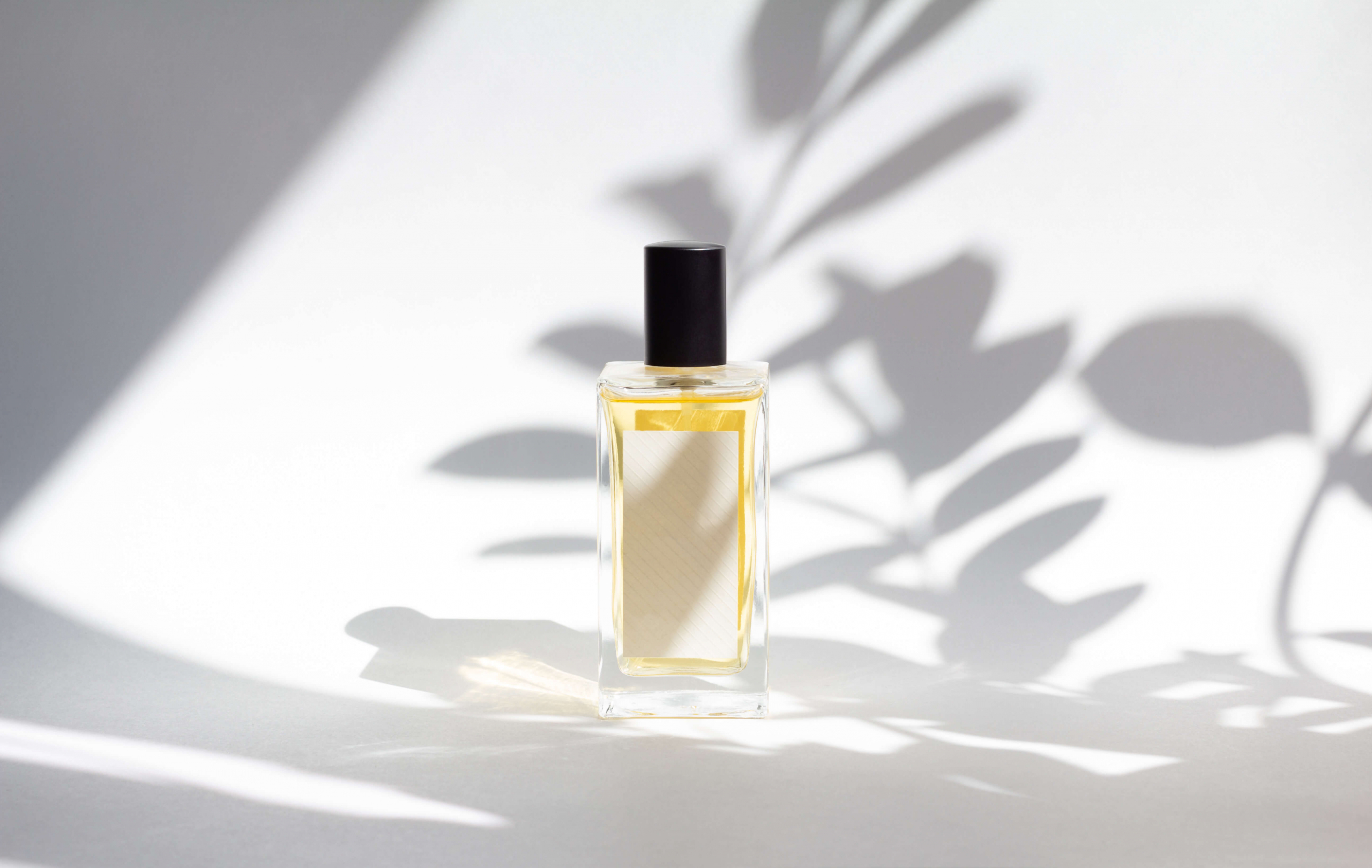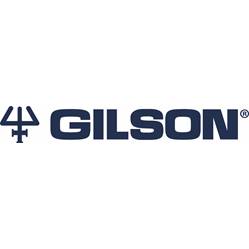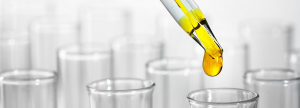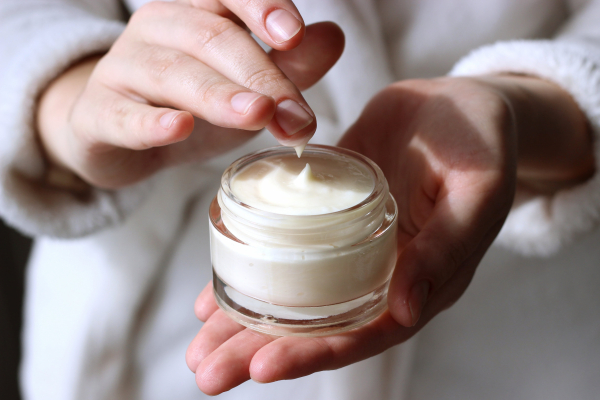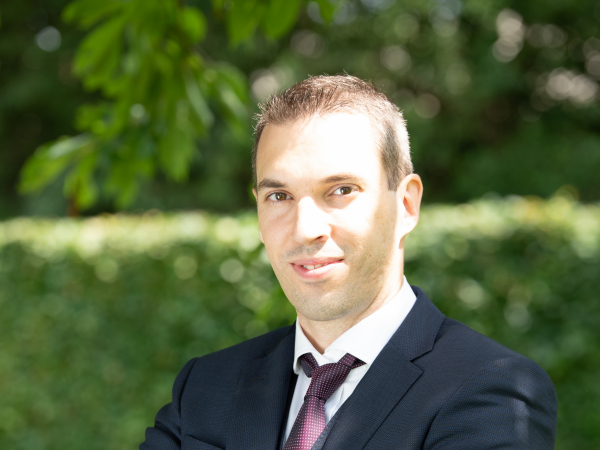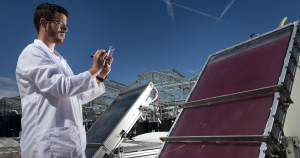Capacités’ experts provided a complete response to Gilson by testing and comparing five different enrichment processes. They wanted to find the one that best concentrated the specific molecule to be isolated.
They first tested distillation and stripping methods, followed by multistage cross-current liquid-liquid extraction. In this third process, the crude extract passed through a series of decanters or centrifuges for extraction. Each extractor processed the raffinate from the extractor before it.
The experts from Capacités also tested two methods of centrifugal partition chromatography (CPC).
They varied the solvent type and quantity for each method. Gilson retained the method that allowed 40% purity to be achieved and over 90% recovery. Another advantage of this method is that the solvent can be easily reused. Capacités’ experts then worked with the client to transpose the selected method into its pilot system. They ensured that the results obtained in the laboratory were reproducible. The projected numbers have met expectations, and this method will allow up to eleven tons of raw material to be processed yearly with a Gilson CPC industrial column.
To successfully complete this project, the Capacités’ experts benefited from support and technical equipment from the GEPEA, joint research unit of Université de Nantes, Oniris, IMT Atlantique and CNRS (The French National Centre for Scientific Research).

